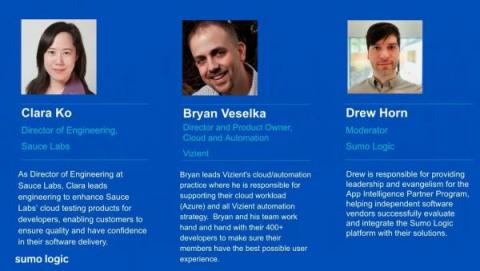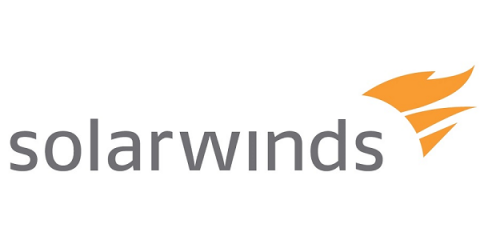20+ Best Log Management Tools for Monitoring, Analytics & More: Pros & Cons Comparison [2022]
Whether you capture them for application security and compliance, production monitoring, performance monitoring, or troubleshooting, logs contain valuable information about the health of your apps. But it all comes down to what and how you log, which is where log management tools come into play.









